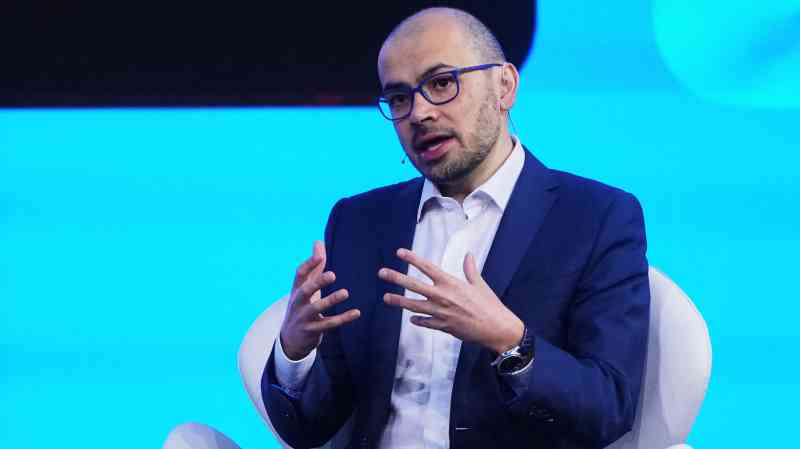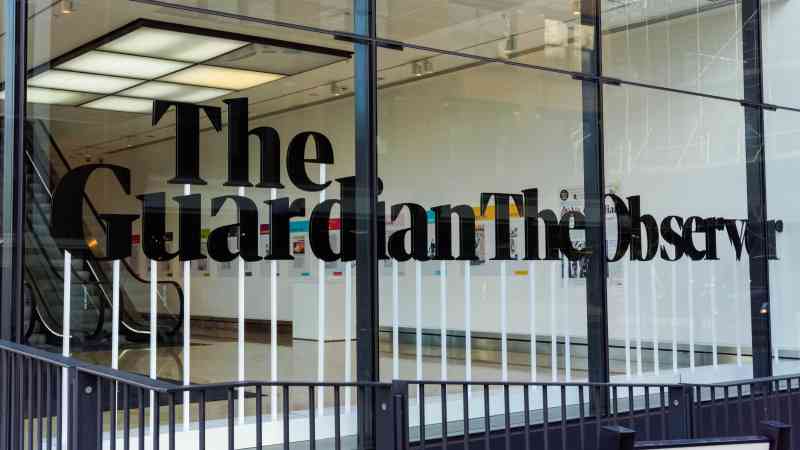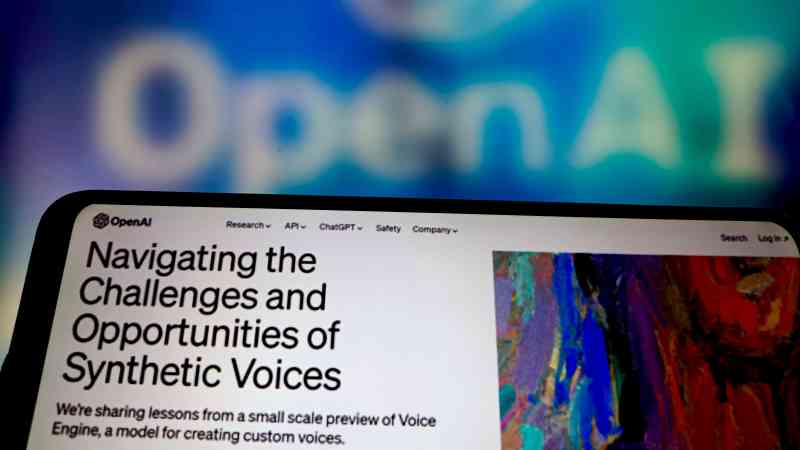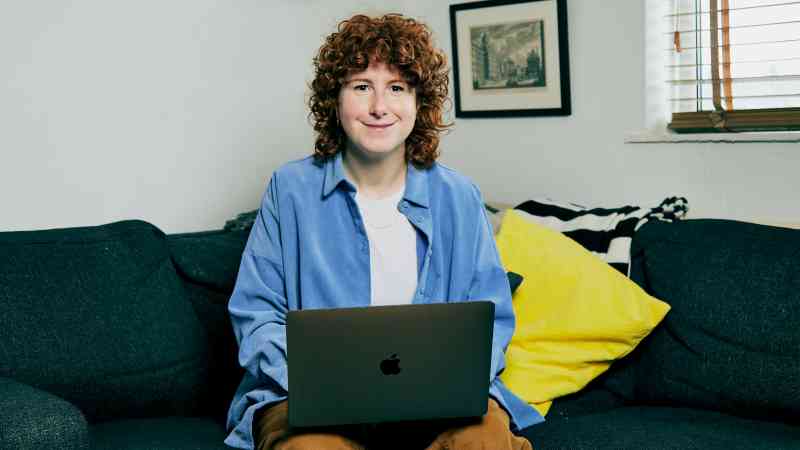Google’s AI chief sees trouble ahead for start-ups
Many artificial intelligence start-ups are set to fail because they will not be able to manage the technology’s demands for computing power, the head of Google’s AI division has said.
Sir Demis Hassabis, chief executive of Google DeepMind, was speaking weeks after the AI company Inflection, started by his old friend Mustafa Suleyman, was effectively acquired by Microsoft.
Inflection, which failed to find a market for its chatbot Pi, has had its team absorbed into Microsoft and Hassabis is expecting more consolidation in the sector.
He said: “Given the current direction of research … these massive models … [there] doesn’t seem to be any limit to how far you can push them. So one has to push that as hard as possible.
“But you also need a lot of compute to invent the next new thing, because you have to invent that at scale … so even your experiments have to be quite big now .. new architectures, new techniques, if you want them to hold at the frontier scale.
“So it’s hard to do that, whilst building a business, whilst building product and other things, if you’re a small start-up. I think that’s difficult. But I think we’ll see cycles of this.”
Hassabis, a Briton who was knighted last week for services to artificial intelligence, said it was “quite surreal” to now have Suleyman, with whom he co-founded DeepMind in London, as a rival.
Suleyman, 39, has been appointed as chief executive of Microsoft’s consumer AI division as part of the Inflection deal. Hassabis, 47, was also an angel investor in Inflection.
The AI industry is the focus of a battle for research talent between big tech and start-ups.
Meta has just poached Michal Valko, a researcher at DeepMind, thanks to the personal intervention of Mark Zuckerberg, chief executive of Meta.
Hassabis said Zuckerberg had been “very aggressive” in recruiting talent. “I think Mark is probably trying to get back into AI in a big way, having been focusing on the metaverse and other things,” he said. “He’s always been very aggressive with that.
“I’m very heavily involved in recruitment and always have been. It’s important to do that, and something I do well, and that’s more critical than ever.”
Google has recently revamped its AI offering in the wake of competition from Microsoft’s partner OpenAI, the developer of ChatGPT.
However, Google stopped its AI chatbot Gemini from producing images in February after it appeared to be biased against white faces. Some users were angered after Gemini produced ethnically diverse Nazis, Vikings and US founding fathers and resisted producing images of “happy white people”.
Hassabis appeared to lay the blame for this with product teams rather than researchers. He said: “These models are complex things. You start with the research model, but then product teams need to turn it into a product. There’s decisions to be made there and further fine-tuning there gets done. And that’s another team, and then there’s other teams that check safety and trust … and various aspects of the product before it goes out. And so there’s a lot of handovers and that … process can be strengthened … One of the learnings from that is to have the researchers more involved at every stage.”
Hassabis would not comment specifically on reports that Apple was in talks to use Gemini in its smartphones, but said: “Google historically has had many very deep partnerships, from hardware to software products, and I expect that to continue.”
Reflecting on the knighthood announced on Friday, he said it had been an “amazing, emotional couple of days” but he would not insist on people calling him Sir Demis except, he joked, for “maybe the odd American”.






